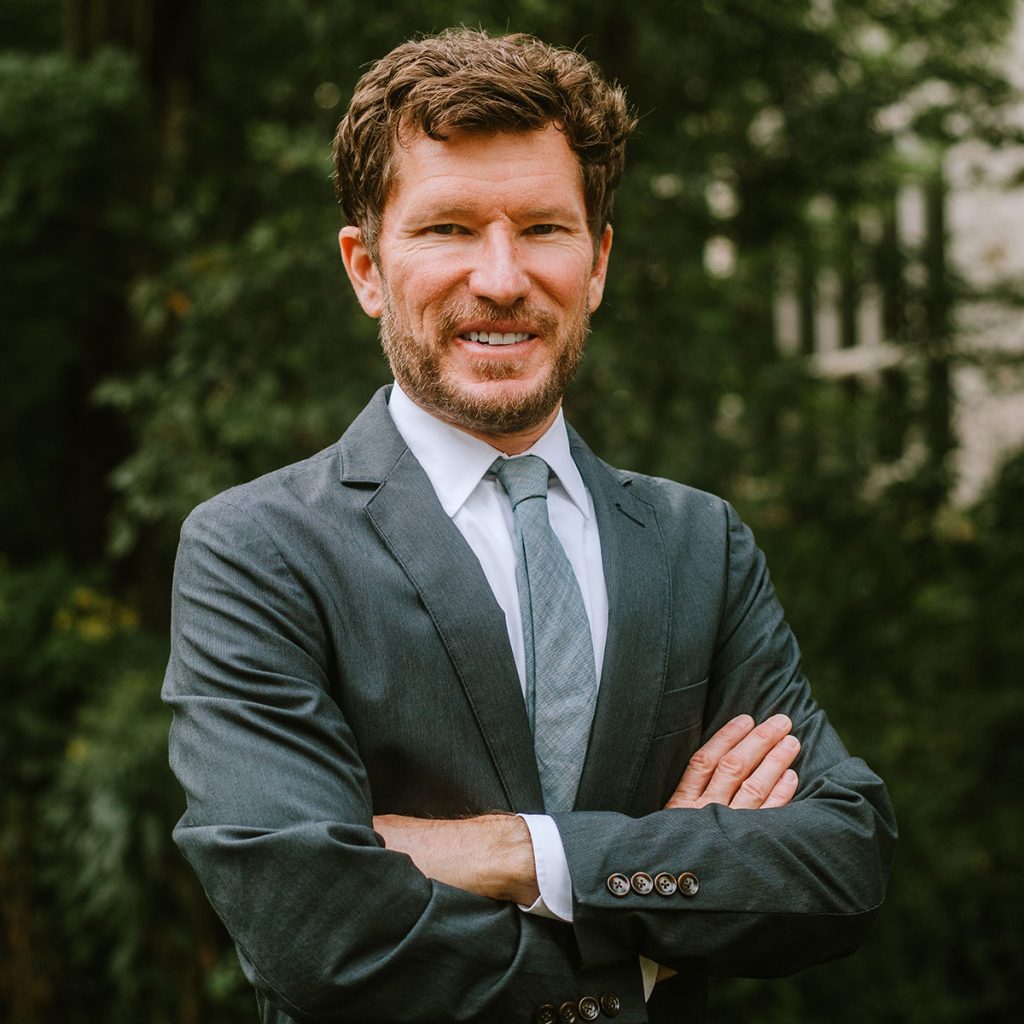Biodiversity is critical for a healthy ecosystem
About 30% of the 200 listed endangered animal and 300 plant species listed endangered in the United States can be found in the Midwest. Local endangered species like the Indiana Bat and the Fanshell Mussel are imperiled by anthropogenic (human) effects such as pesticide use, habitat destruction, and agricultural/land and energy development. Environmental factors can also play a role; in the case of the Indiana Bat the rise of white nose syndrome, a fatal fungal disease, has been responsible for the deaths of over 5 million bats since its appearance in 2007. Our work aims to minimize damage to endangered species and ecosystems.
Why is biodiversity important?
Protecting Vulnerable Species
Conservation Law Center (CLC) advocates for the protection of our most vulnerable and sensitive species, works to preserve their habitats, and defends the Endangered Species Act.
Ambitious Habitat Goals:
One of our top future priorities is the creation of a connected network of natural habitats across Indiana. Habitat fragmentation is a significant threat to wildlife, and our goal is to mitigate this by linking protected land parcels, supporting migratory patterns, and increasing species' adaptability to climate change.
Biodiversity Loss
The decline in biodiversity has been identified as one of the most significant threats to human existence on Earth. Its advantages encompass everything from providing food and safeguarding against natural disasters to regulating climate, sustaining human well-being, and promoting health.
Endangered Species Act
The Endangered Species Act (ESA) (1973), administered by the Interior Department’s Fish and Wildlife Service and the Commerce Department’s National Marine Fisheries Service, aims to protect and recover imperiled species and the ecosystems they depend on.
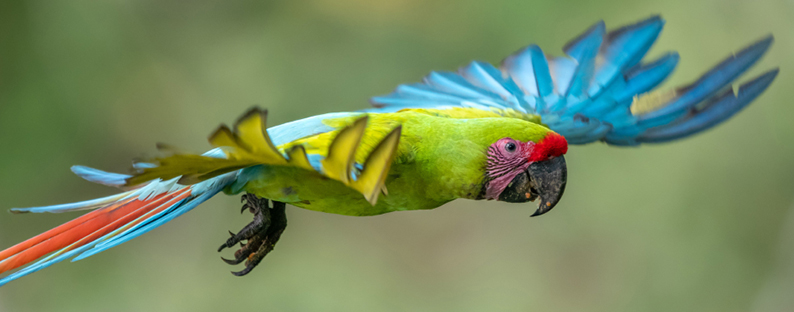
Services & Publications
Publication
Pineapples, Parrots, and People
Services
Legal Advocacy
Did you know...
Climate change is likely to become the largest threat to biodiversity.
Impacts on some ecosystems are approaching irreversibility; heat
extremes and mass mortality events have resulted in the local loss of hundreds of species.
Intergovernmental Panel on Climate Change (IPCC) (2023)
There has been an average 69% decline in wildlife populations since 1970
As of 2022, 208 plant and animal species have gone extinct in the U.S. and 2,288 are threatened or endangered.
U.S. Fish & Wildlife Services (2023) “All Threatened & Endangered Animals & Plants.”
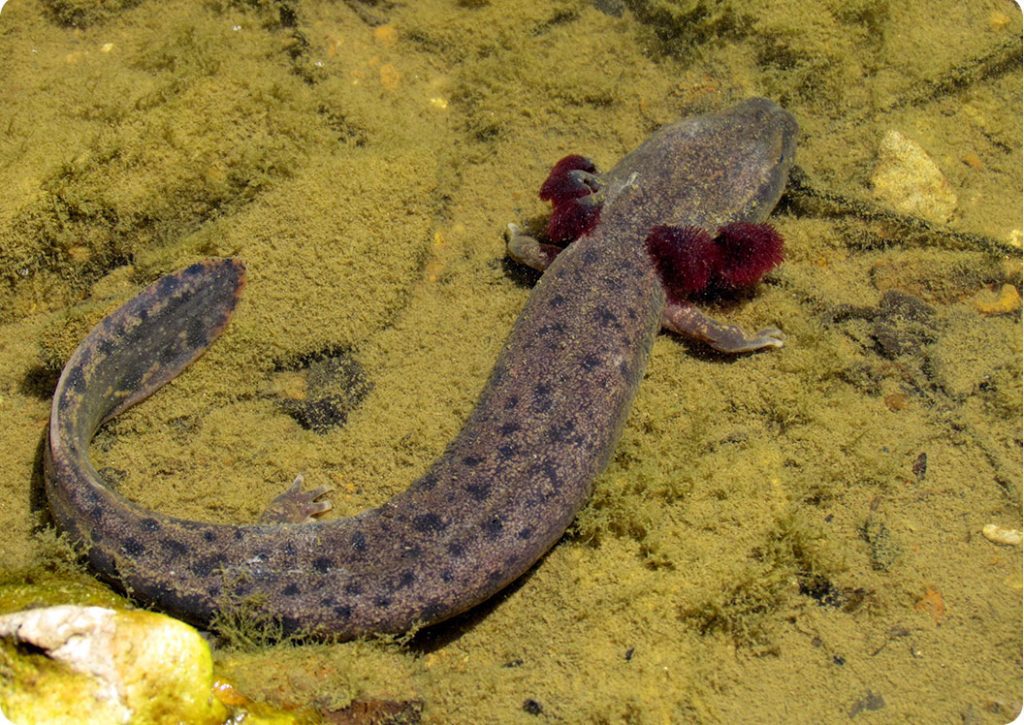

Support for the threatened Great Green Macaw
CLC prevails in Endangered Species Act lawsuit against US Fish and Wildlife permitting of wind farms harming Indiana bats
Victory: CLC wins at Indiana Supreme Court for the right for environmental orgs to represent their members in litigation
Incorporating Nonprofits to Support Biodiversity
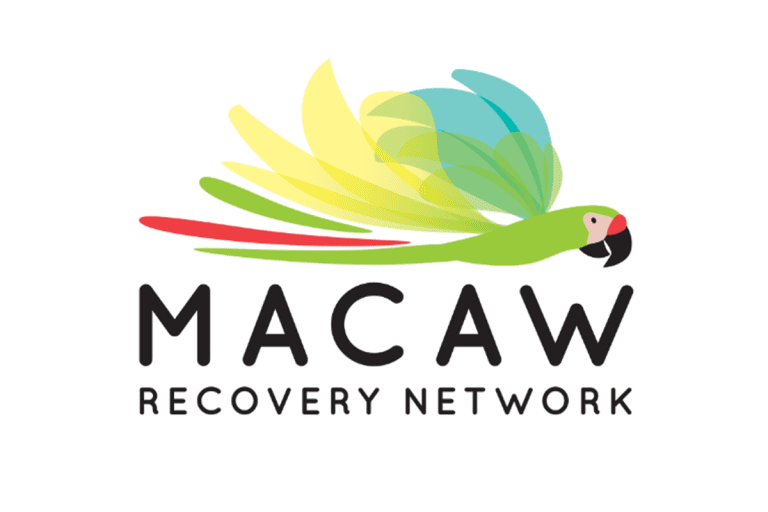
Macaw Recovery Network
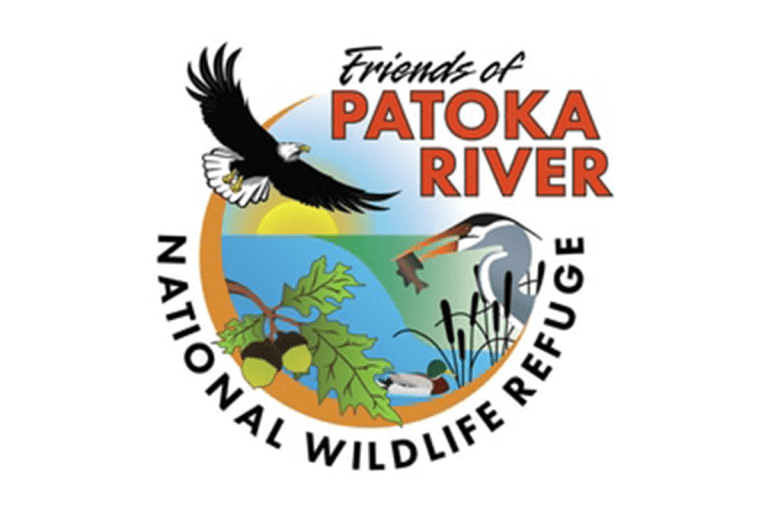
Friends of the Patoka River National Wildlife Refuge

Wildlife Conservation Association
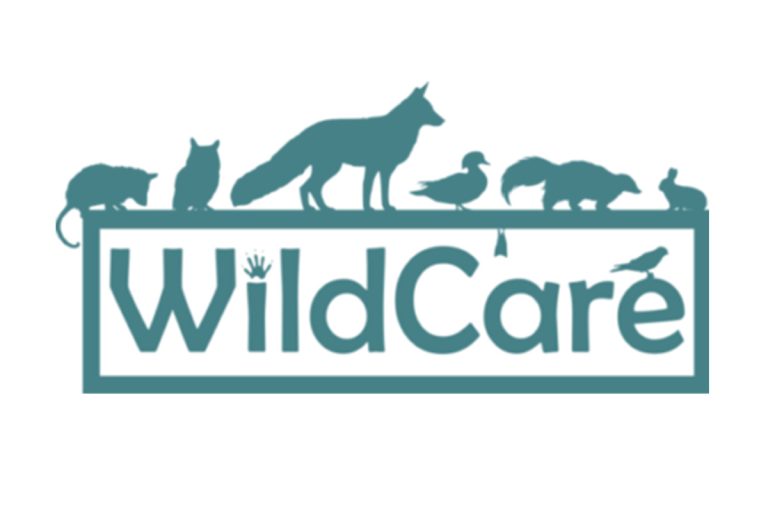
Wildcare
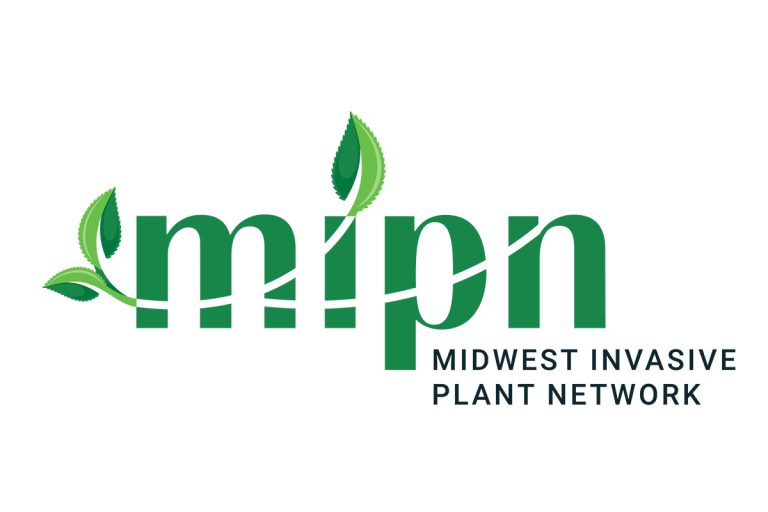
Midwest Invasive Plant Network
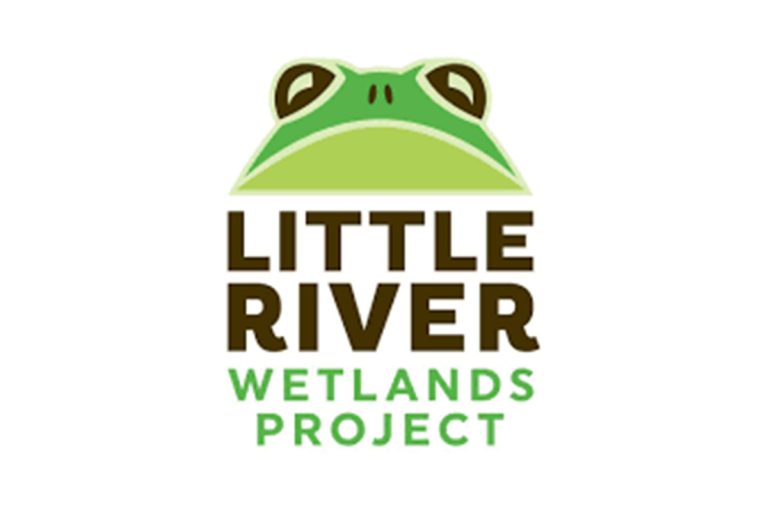
Little River Wetlands Project
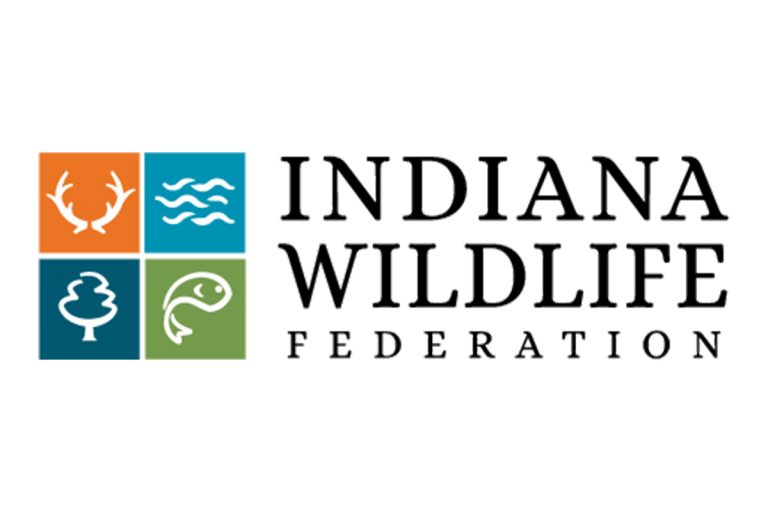
Indiana Wildlife Federation
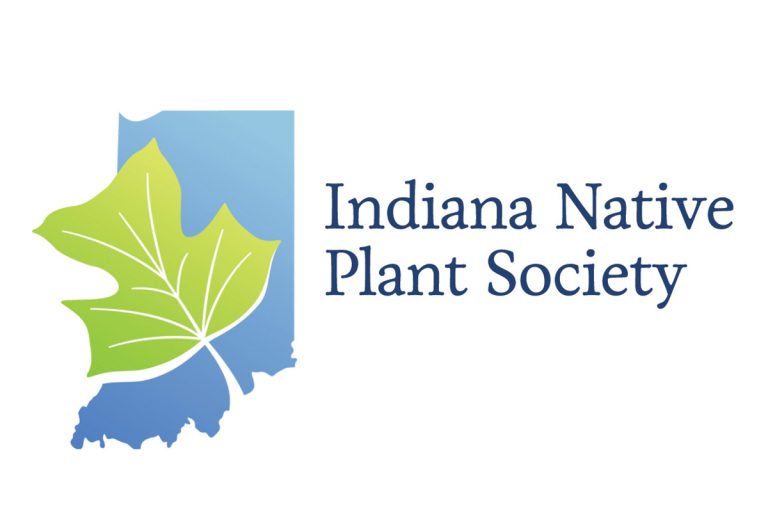
Indiana Native Plant Society

Great Outdoors Colorado
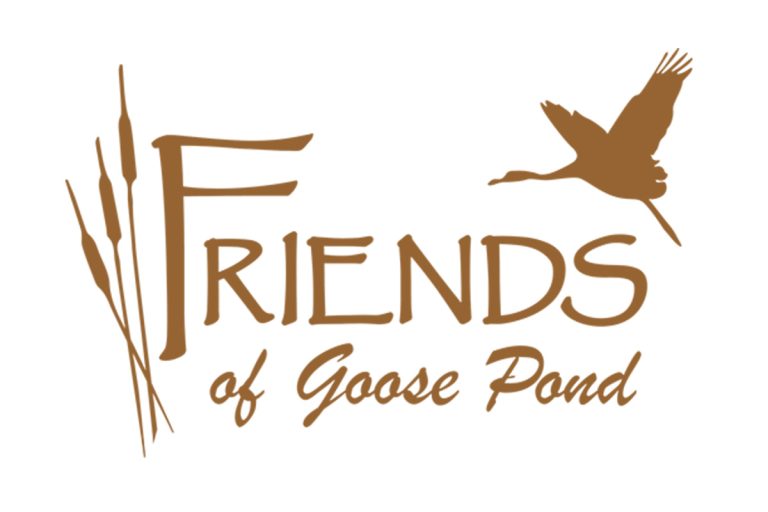
Friends of Goose Pond
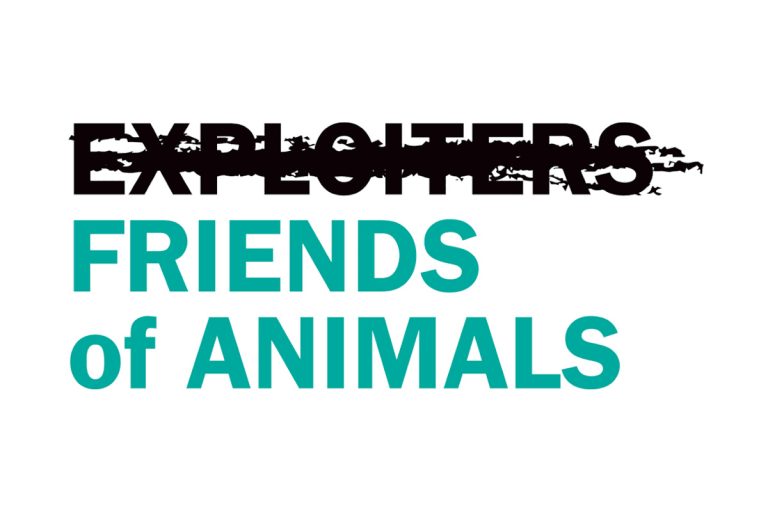
Friends of Animals
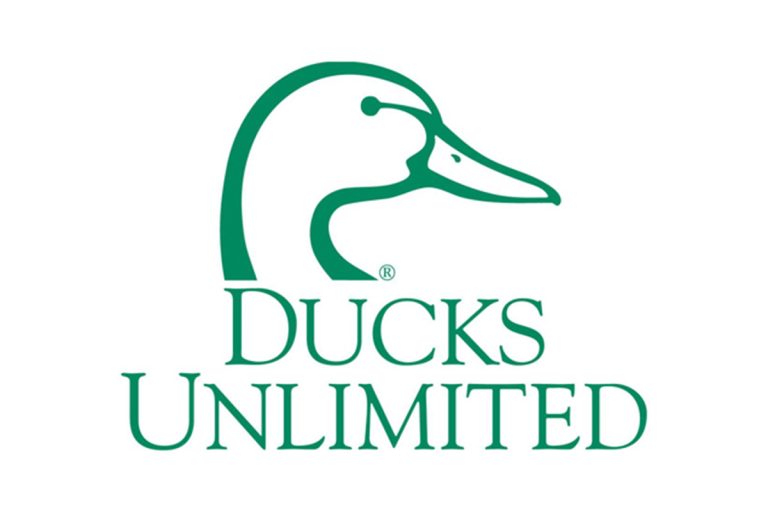
Ducks Unlimited

Executive Director, Glenn and Donna Scolnik Clinical Chair
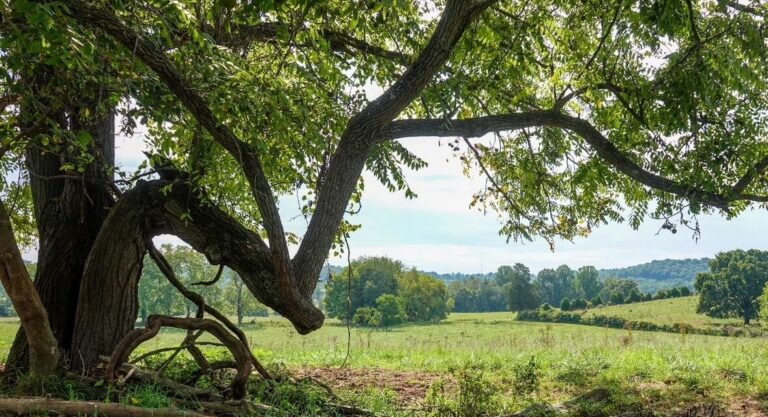
Join the CLC Team!
This is an exciting opportunity to join a twenty-year-old public interest law firm working on some of the most important and challenging conservation issues in

Conserving Nature in Greater Yellowstone: Reflections from the Inaugural Talking Conservation Lecture
Professor Robert Keiter, University Distinguished Professor and Wallace Stegner Professor of Law at the University of Utah S.J. Quinney College of Law. Photo Credit: James
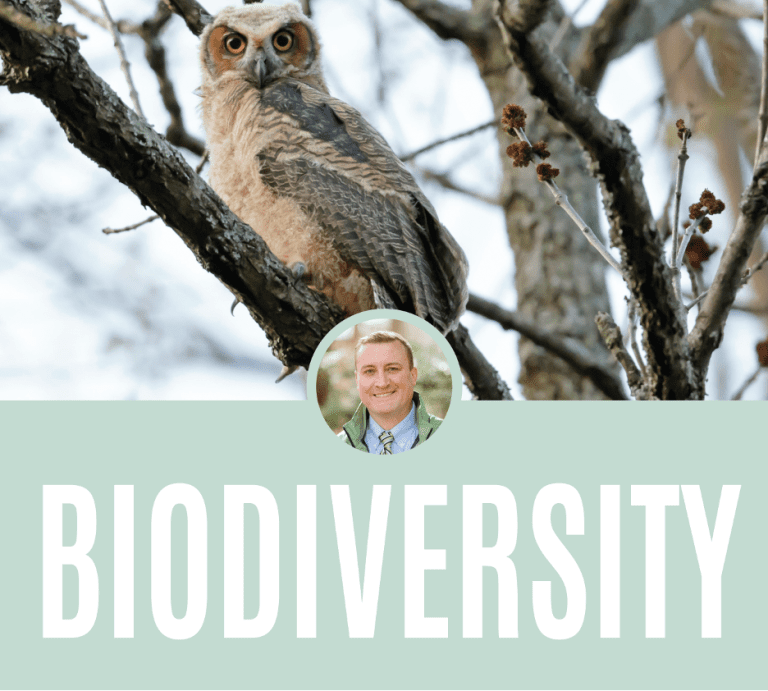
Biodiversity Interview with Christian Freitag
Question: I know you have a background in land protection. Could you please share your insights on how the preservation of land, habitat, and species
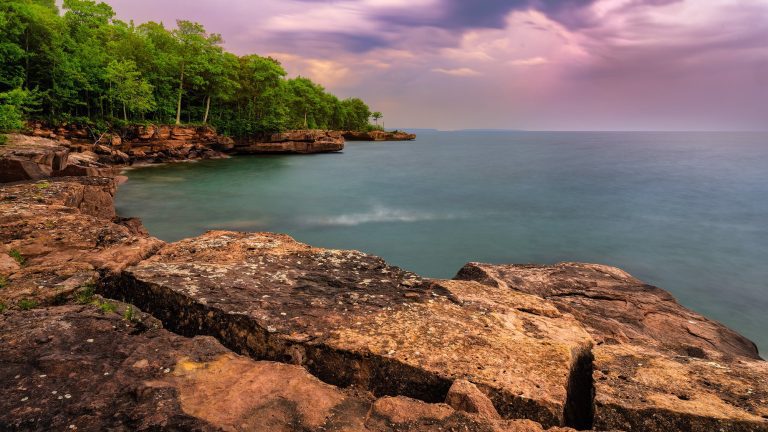
Lake Superior Spaceport Plans Are Defeated
We are pleased to announce that the Powell Township Board has enacted an official “RESOLUTION” rejecting the plan by the Michigan Aerospace Manufacturers Association (MAMA)
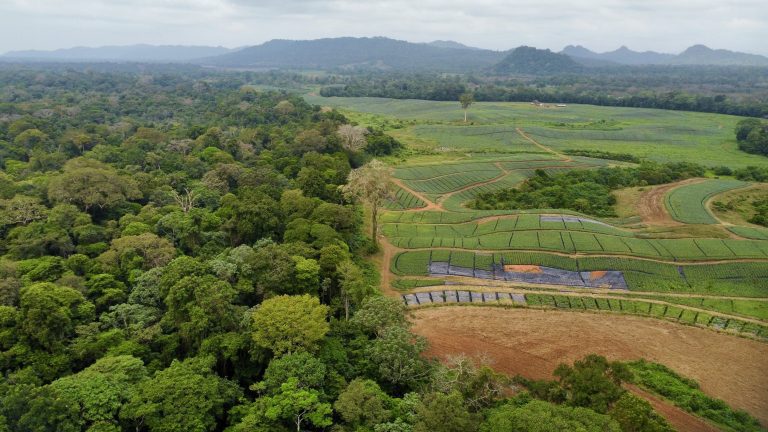
Macaw Recovery Network secures habitat for critically endangered Great Green Macaw
Macaw Recovery Network announces its first land purchase toward the restoration of habitat for the critically endangered Great Green Macaw.
Its purchase of La Peninsula
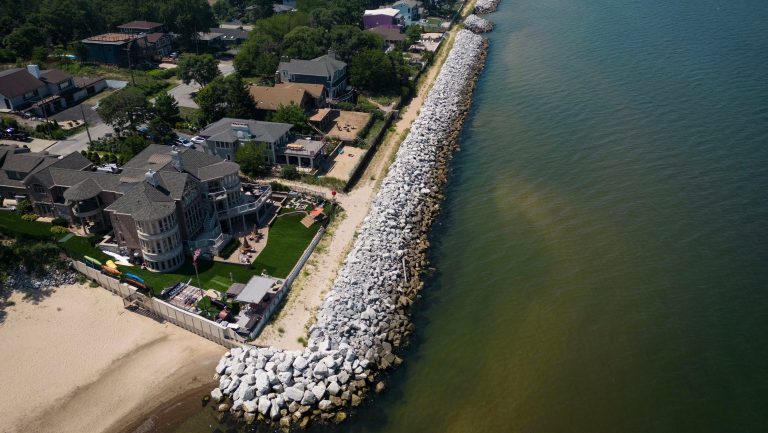
Public interest vs. private homes: Climate change and erosion fuel disputes along Lake Michigan’s shoreline
Steve Coombs’ lakefront home used to quake when waves crashed along Ogden Dunes’ receding shoreline. “At one point, my wife said, ‘Should we just move




